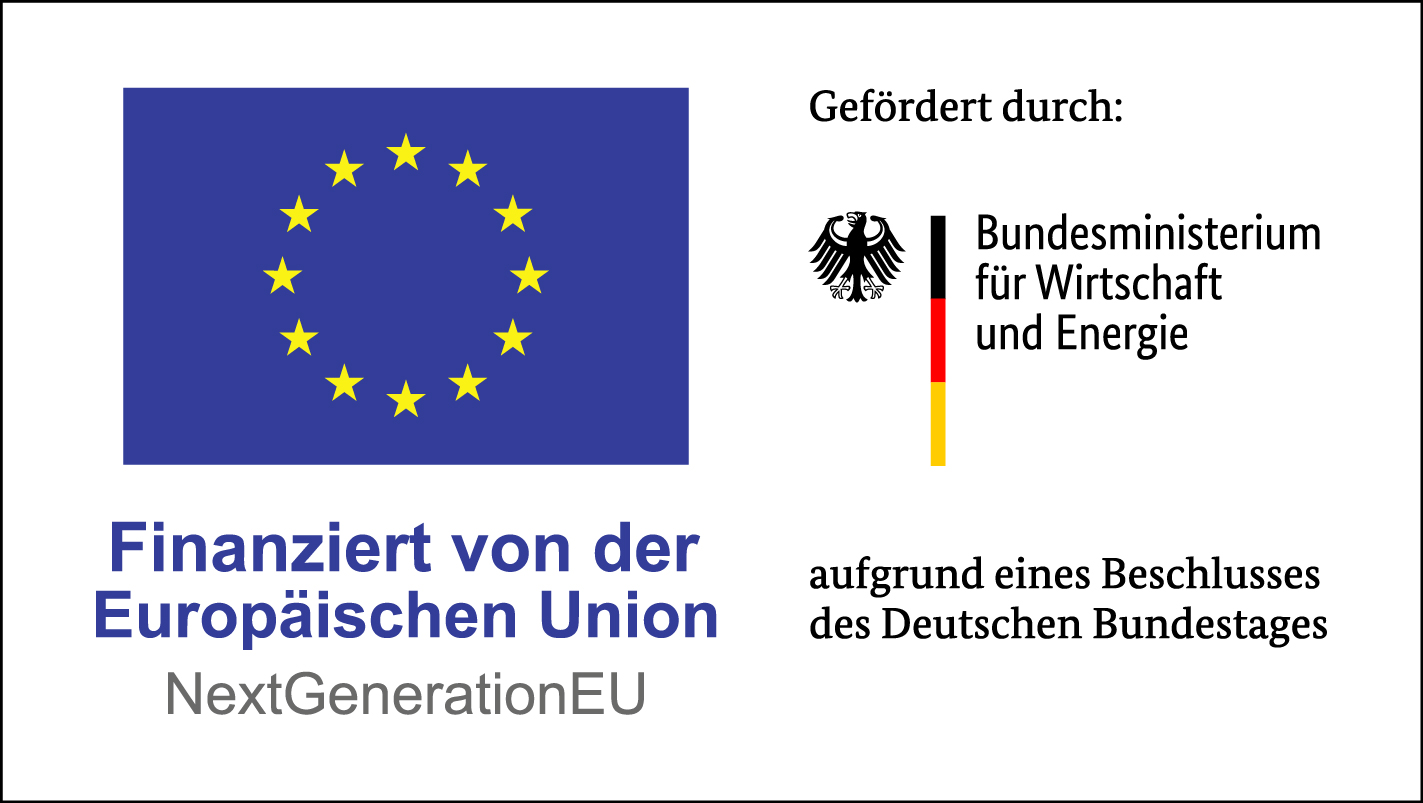
![[Translate to English:] [Translate to English:]](/fileadmin/_processed_/c/0/csm_ZL-Produktion_1_Ausschnitt_82d8fd54b6.jpg)
The ReGAIN research project is pursuing the approach of digitally linking foundry production systems based on CATENA-X and OPC-UA in order to increase efficiency, flexibility, resilience and sustainability. The aim is to integrate these complex production systems into a comprehensively networked value creation system and to develop new production concepts through the digital transparency gained as a result. This is the only way to fulfil the increasing requirements for resilient and sustainable production systems while ensuring maximum flexibility and interoperability. This holistic, digital solution approach also opens up previously untapped potential for increasing energy and resource efficiency in order to make the foundry industry more environmentally sustainable in line with the 2021 update of the European Green Deal.
As a leading partner in the die casting process cluster, the ifs conducts research to ensure defect-free cast components with a focus on the solidification conditions of the melt. Ensuring component-specific, directional solidification despite external influences by maintaining reproducible, local mould temperature curves is a key quality-determining factor. The desired local mould surface temperature is to be controlled by using an AI-supported and targeted application of release agent. This is carried out automatically after each casting and can specifically influence the temperature balance of the mould if the local temperature distribution is known. In addition to the mould temperature, the targeted influencing of the release agent application should also ensure the reliable demoulding of the components based on sensor-based process monitoring. To this end, it is necessary to install suitable sensors both inside and outside the mould cavity and to develop the associated interfaces.The recorded data is analysed with the machine and peripheral data as well as the process data in relation to the component using various machine learning algorithms and parameters for the spraying process are calculated. Additional benefits lie in the optimisation of minimum quantity spraying and the use as an assistant for spray nozzle set-up as well as in the traceability and prediction of latent quality deviations and temperature drifts. In addition to optimising the temperature balance in interaction with the release agent application, holistic AI-based assistance systems are also being developed that take into account both the process (predictive quality) and the production system (predictive maintenance) in order to achieve the desired multi-criteria optimisation of the die casting process. Another focus is on the development of a methodology for storing ‘human experience values’ and ‘geometric-technical interactions’ in order to use them for model training and restricting the action spaces of AI-based assistance systems.
To achieve the overarching goals, the project will create standardised data models with associated interfaces for CATENA-X, develop AI and simulation approaches to optimise multiple target variables for foundry processes and production systems, in particular to increase resilience and improve the CO2 footprint, and develop an AI app ecosystem for federated ML and data analytics, as well as transfer the results to industry-wide and cross-industry OPC UA standardisation and technology transfer.
